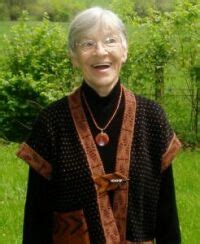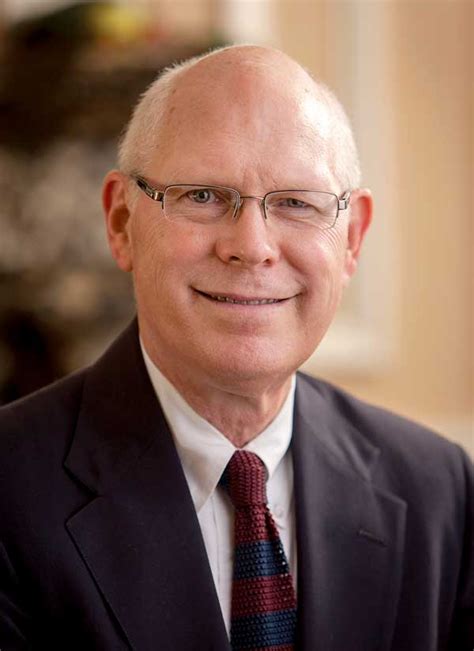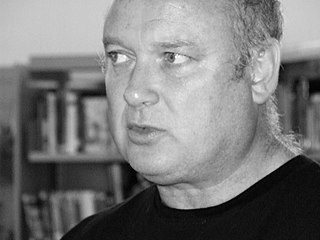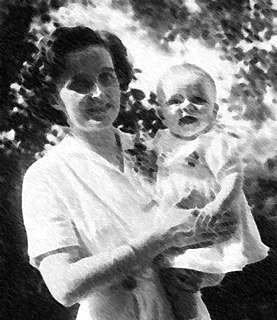A Quote by Seyyed Hossein Nasr
Love itself cannot be divorced from the suffering which comes from being separated from the object of love.
Related Quotes
Temperance is love surrendering itself wholly to Him who is its object; courage is love bearing all things gladly for the sake of Him who is its object; justice is love serving only Him who is its object, and therefore rightly ruling; prudence is love making wise distinction between what hinders and what helps itself.
It is one step, and a giant one, to see clearly and participate in the love that flows between the persons of the Trinity, but even here, God is seen as the object of his own love. It is yet another step to realize that God is beyond all subject and object and is Himself love without subject or object. This is the step beyond our highest experiences of love and union, a step in which self is not around to divide, separate, objectify or claim anything for itself. Self does not know God; it cannot love him, and from the beginning has never done so.
Refusing to be disillusioned is the cause of much of the suffering of human life. And this is how that suffering happens-if we love someone, but do not love God, we demand total perfection and righteousness from that person, and when we do not get it, we become cruel and vindictive; yet we are demanding of a human being which he or she cannot possibly give.
God has no needs. Human love, as Plato teaches us, is the child of Poverty – of want or lack; it is caused by a real or supposed goal in its beloved which the lover needs and desires. But God's love, far from being caused by goodness in the object, causes all the goodness which the object has, loving it first into existence, and then into real, though derivative, lovability. God is Goodness. He can give good, but cannot need or get it. In that sense , His love is, as it were, bottomlessly selfless by very definition; it has everything to give, and nothing to receive.
Love is not breathlessness; It is not excitement; It is not the promulgation of promises of eternal passion. That is just being “in love”, which any of us can convince ourselves we are. Love itself is what is left over when being in love has burned away, and this is both an art and a fortunate accident.
It is difficult for some people to accept that love is a choice. This seems to run counter to the generally accepted theory of romantic love which expounds that love is inborn and as such requires no more than to accept it. This theory believes that love is a magical force which frees us from all suffering and solves every problem, that it is an end unto itself. To a limited extent, there may be some truths to each of these beliefs, but having the capacity to love is not the same as having the ability to love.
True love has nothing to do with liking someone, agreeing with him or her or being compatible. It is a love of unity, a love of seeing God wearing all the masks, and recognising itself in them all. With this love you can feel the walls of opposition come down naturally in the acknowledgement of deep connection. Not only do the walls of opposition fall, but love is felt for every human being and for life itself.

































